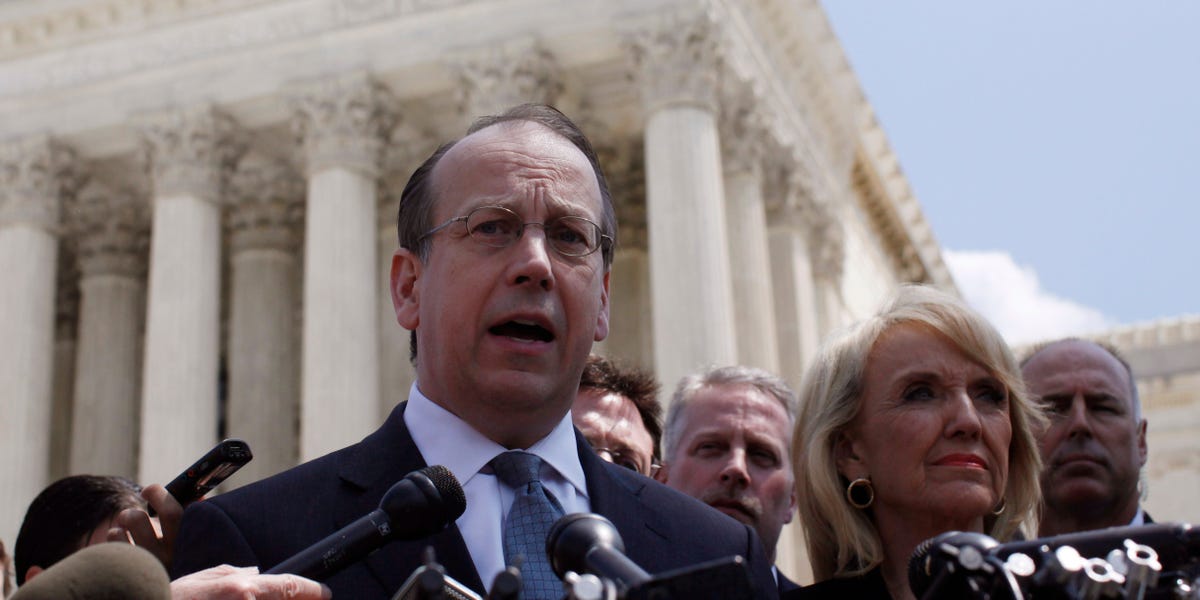Legal Heavyweight Unleashes High-Stakes Battle Against Trump's Executive Power Grab

Two prominent law firms, WilmerHale and Jenner & Block, are taking a bold stand against recent executive orders targeting Big Law, arguing that these directives are not only unconstitutional but also pose a significant threat to their business operations.
In a passionate legal challenge, the firms contend that the executive orders represent an unprecedented overreach of executive power, potentially undermining the fundamental principles of legal practice and professional independence. Their argument centers on the belief that these orders unfairly restrict law firms' ability to provide comprehensive legal services and represent clients across various sectors.
The legal powerhouses claim that the executive orders create an unwarranted chilling effect on legal representation, potentially limiting access to justice and infringing on constitutional rights. By challenging these orders, WilmerHale and Jenner & Block are not just protecting their own interests, but also defending the broader principles of legal advocacy and professional freedom.
This legal battle highlights the ongoing tension between executive authority and professional legal practice, raising critical questions about the boundaries of governmental intervention in the legal industry. As the firms prepare to mount their constitutional challenge, the legal community watches closely, recognizing the potential far-reaching implications of this dispute.
